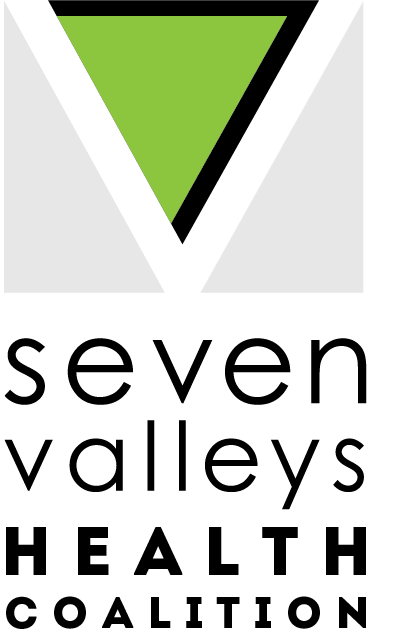Dental Health & Food
Dental Health and Food
Is there a connection between your oral health and the food you eat? You bet! Teeth, gums, and the mouth are part of dental or oral health. Brushing your teeth twice a day, flossing properly (daily), and using mouthwash are ways we are taught to help prevent tooth decay. You may not be familiar with the term tooth decay, but I bet you know it by another name, cavities.
According to the Centers for Disease Control and Prevention (CDC), the most common diseases that impact our oral health are cavities, gum (periodontal disease), and oral cancer. Cavities are caused when tooth enamel breakdown due to acids produced by bacteria. These bacteria are in the plaque that collects in our teeth. The food we eat impacts the likelihood of us getting a cavity. Food that is high in carbohydrates like bread, beans, milk, spaghetti, potatoes, and popcorn are foods to avoid. Carbohydrate-high foods cause bacteria in our mouth to produce which can cause the outer coating of the tooth (aka enamel) or root surface to break down, causing cavities.
About 40% of adults aged 30 or older had gum disease in 2009-2014. Gum (periodontal) disease is the result of infections or inflammations in the gums or bones that surround and support the teeth. Chronic conditions like diabetes and a weakened immune system contribute to the risk of gum diseases. To promote healthy gums, avoid ice cubes or popsicles as these may cause your gums to be more sensitive. Additional foods to avoid reducing the risk of gum disease are donuts, candy, energy drinks, chocolate, and cake. I know these are some tasty items! However, if you have gum disease, it is recommended by AskTheDentist.com to eat nuts and seeds high in omega 3s (pistachios, sesame seeds), chicken, bone broth, salmon, and grass-fed beef.
So, what are the best foods for your teeth overall? According to the University of Rochester, it is fiber-rich fruits and vegetables. Fiber helps to keep your teeth and gums clean. Dairy products like cheese, milk, and plain yogurt can help put minerals into your teeth that may be lost due to other foods, as well as help rebuild tooth enamel. Green and black teas have substances that either kill or hold back bacteria. There is a bonus if your drinking water has fluoride in it too! Fluoride works to strengthen your tooth enamel to avoid damaging teeth. Some foods, such as poultry, seafood, and powdered cereals, have fluoride.
Struggling to get food, or enough nutritious food is damaging to your oral health. This struggle to get enough nutritious food to care for yourself, known as food insecurity, may mean buying more sugar-rich, processed foods which damage our teeth and oral health. Eating fresh fruits, vegetables and less processed or sugary foods will help promote good overall health.
Taking care of your mouth is an important part of your overall health. Using the tips in this article to take care of your mouth has great benefits for you. Remember to brush, floss, and use your mouthwash daily while also being aware of what you eat!


